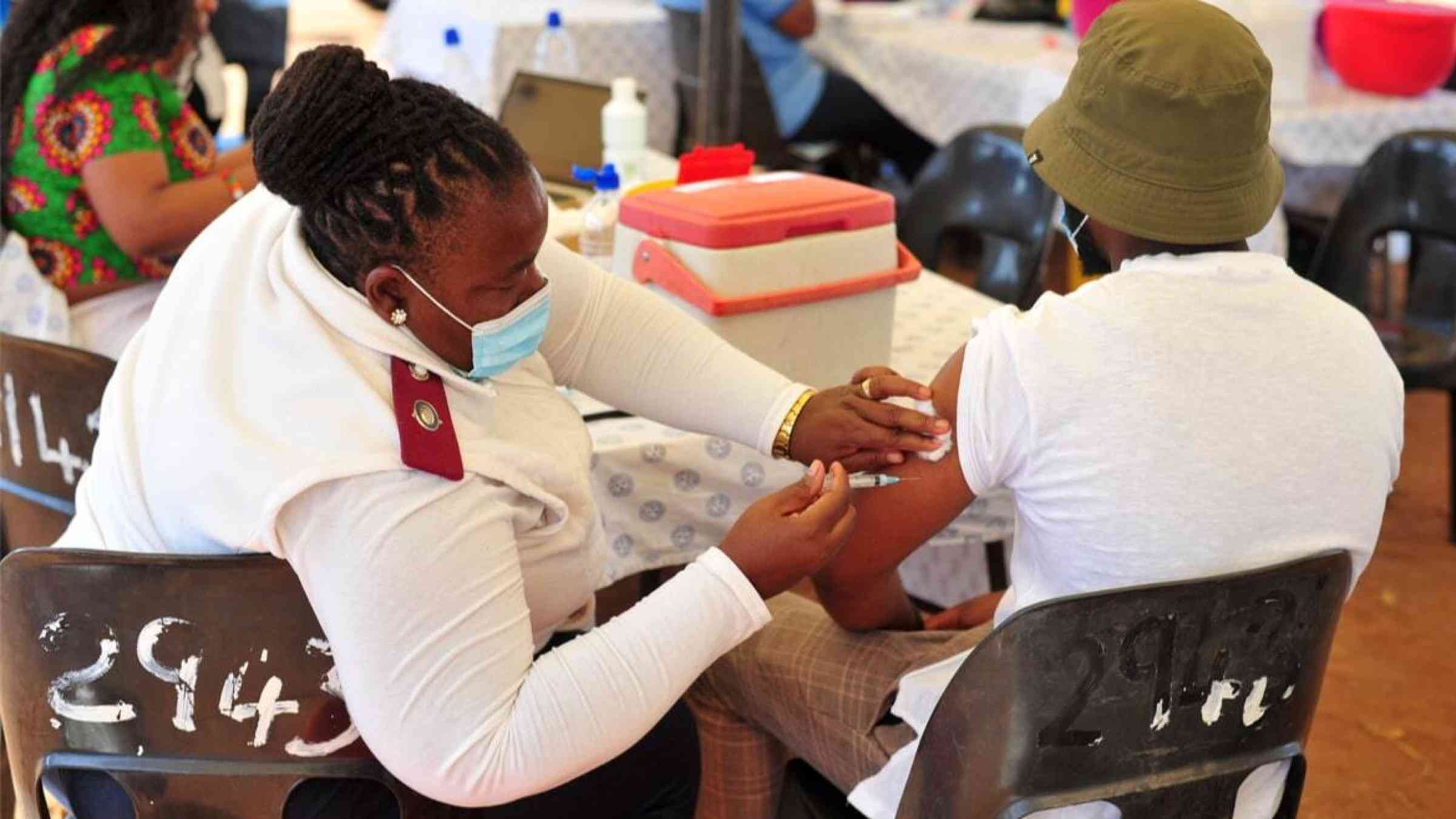Two years of COVID-19 in Africa: lessons for the world

In 2017, following the 2014–16 Ebola outbreak in West Africa, the African Union launched the Africa Centres for Disease Control and Prevention (Africa CDC) to help prepare the continent for epidemics and pandemics. Millions of dollars of investment by members of the African Union and organizations such as the Africa Development Bank, the World Bank, partner nations and foundations have bolstered the capability of the Africa CDC and its Regional Collaborating Centres to handle disease outbreaks. The regional centres are networks of public-health institutions hosted in Egypt, Kenya, Zambia, Gabon and Nigeria for the northern, eastern, southern, central and western regions, respectively.
[...]
Indeed, Africa’s achievements, especially in the early phase of the pandemic, are at least part of the reason the continent was able to mitigate the first and, to some degree, the second waves of the COVID-19 pandemic (see ‘The power of experience’). As of 13 December 2021, around 8.9 million cases of COVID-19 and nearly 225,000 deaths had been reported across Africa. This is in contrast to early models from public-health experts and epidemiologists, which had predicted that up to 70 million Africans would be infected with SARS-CoV-2 by June 2020, with more than 3 million people dying.
[...]
Ultimately, Africa’s dependence on the outside world sustains a lack of confidence in Africa — both within and outside the continent. Certainly, Africa’s successes in the COVID-19 pandemic have not been reported in the mainstream media in a way that could enable the world to learn from them. Instead, the conversation has focused mainly on whether problems with data collection, demographics, climate or other factors could explain why far fewer cases and deaths have been reported than epidemiologists and others predicted.
[...]
Multilateralism will always be crucial to preventing and responding to epidemics and pandemics. But Africa will be able to benefit from the advances it has made in disease surveillance only if its approach to public health is reconfigured towards self-reliance. This could be achieved in five steps.
[...]